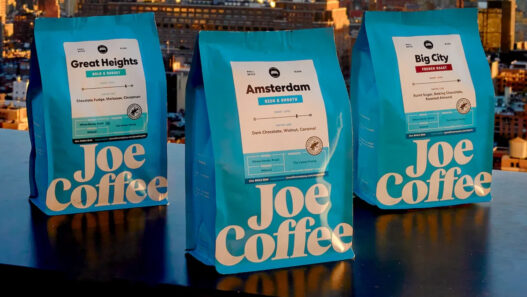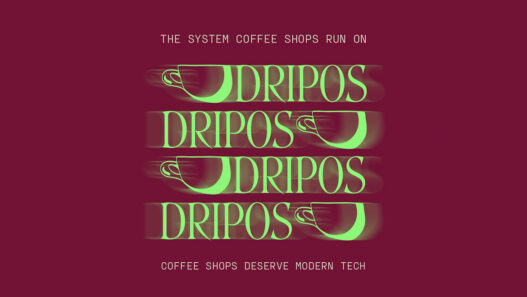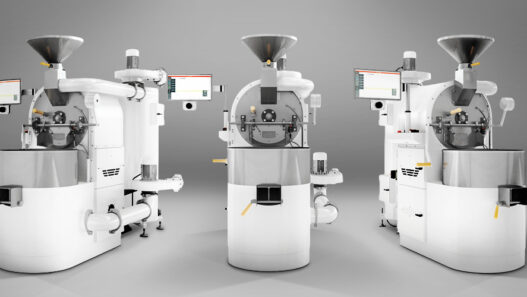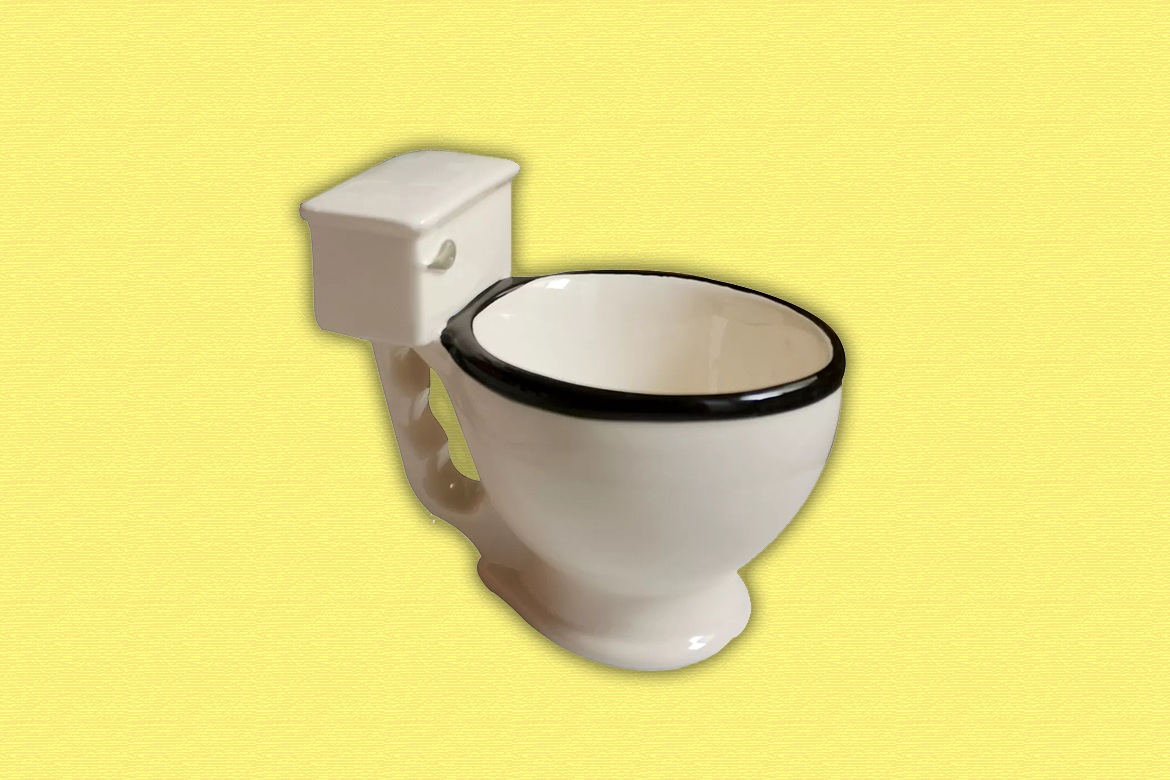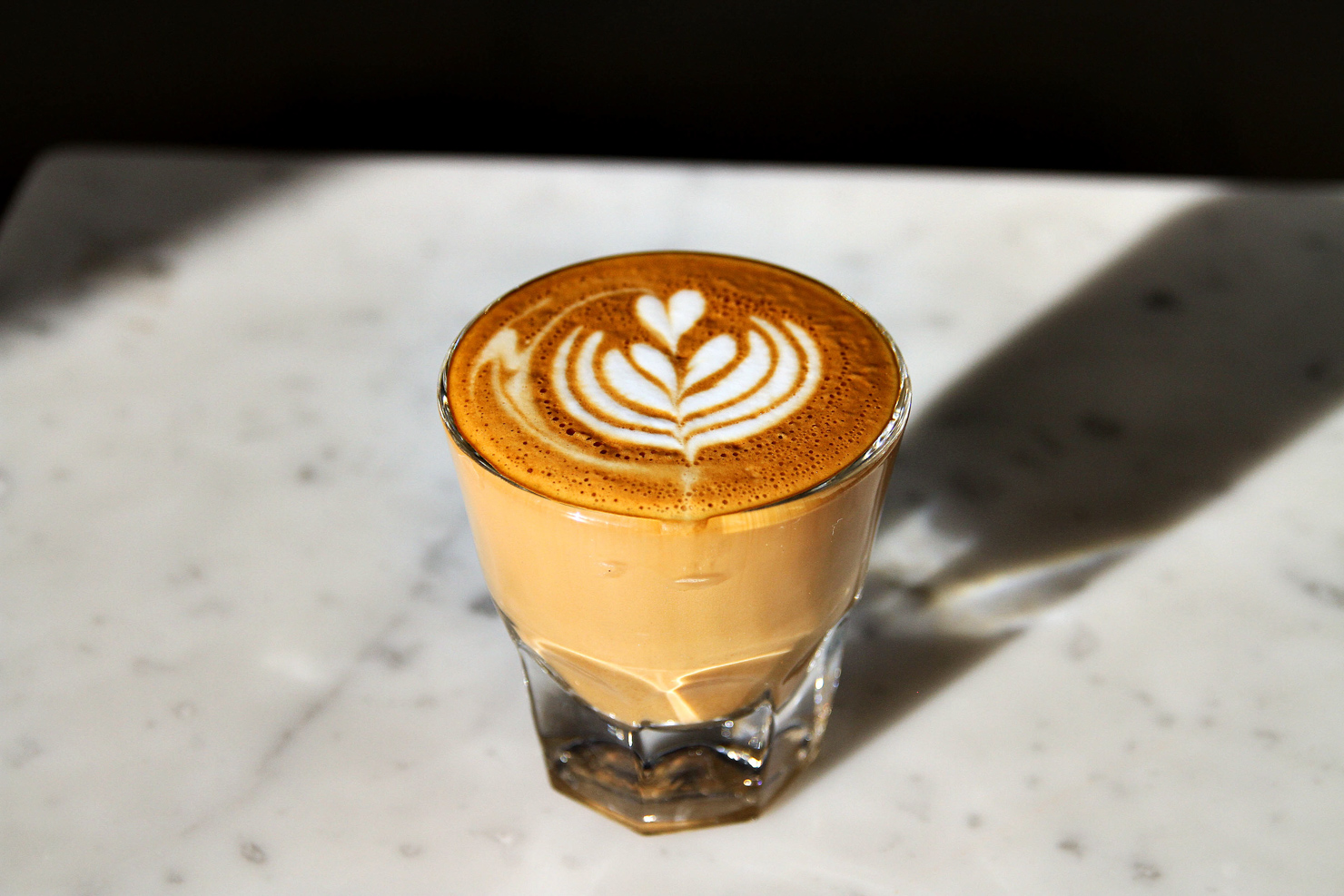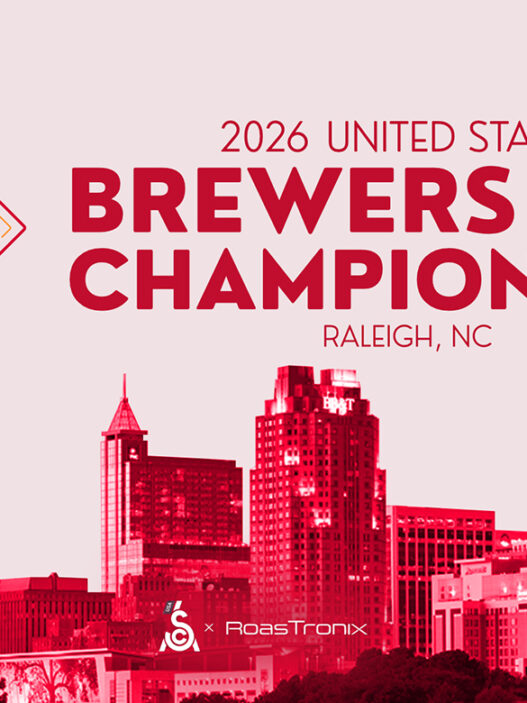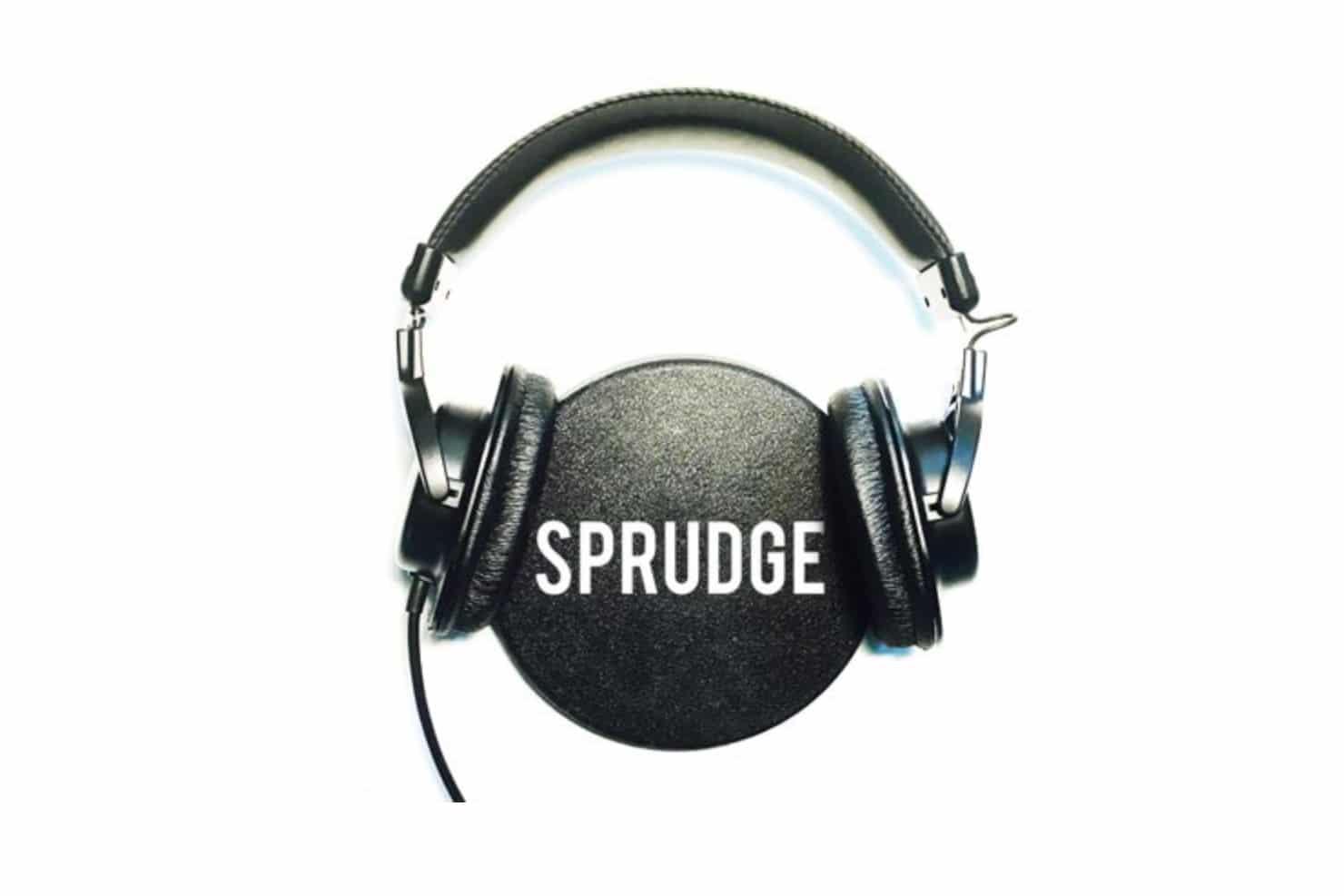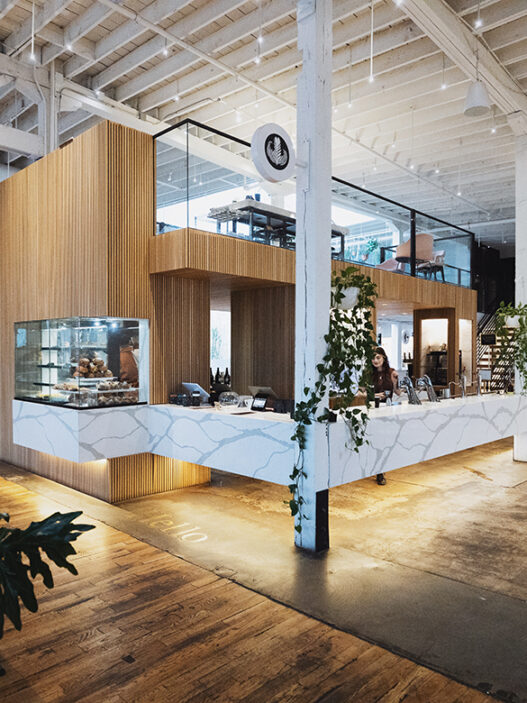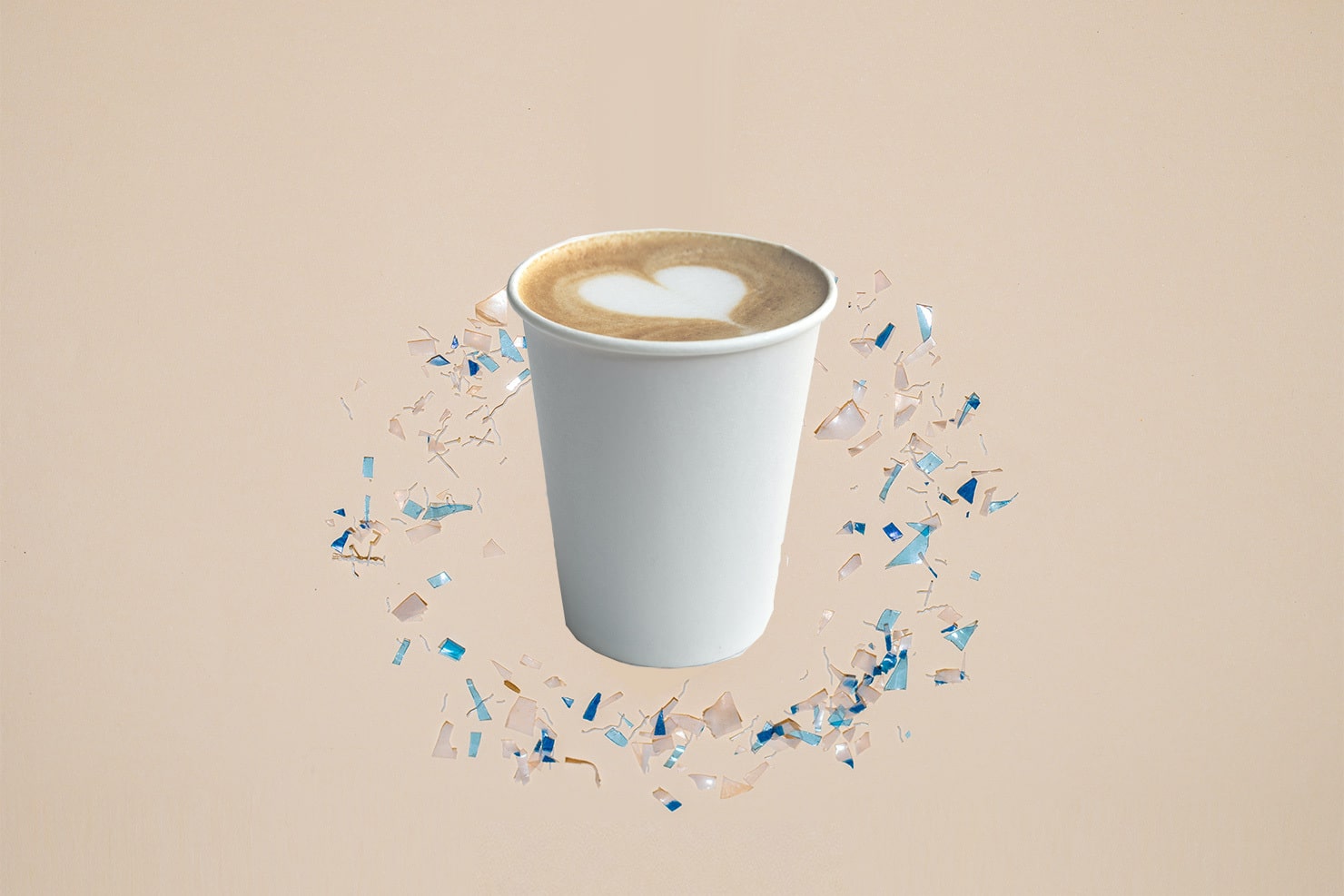There are only three certainties in life: death, taxes, and that coffee makes you go. (Actually this isn’t true for everyone, which frankly blows my mind, but stick with me here.) We here at Sprudge have exhaustively covered all the latest research on why coffee makes you poop, but we haven’t much discussed the flipside of the potty coin. But like any good DJ, we’re flipping from the 2’s to the 1’s today to learn why coffee makes you pee so much.
To get to the bottom of this mystery—or perhaps mysterpee—the Huffington Post in a recent story discussed the phenomena with medical experts to learn exactly what is going on down there. According to the article, everything we ingest goes straight to our stomachs. Liquids, all liquids not just coffee, will get digested more quickly than solid food, anywhere between five minutes to upwards of an hour, depending upon what else is in our stomach at the time. Liquids then make their way through you intestines and kidneys before finally being stored in your bladder, where sensors note once it is filling up and “sets off signals to the micturition center in your brain stem, which sits by other centers that tell you things like when you’re thirsty, hungry, or need to vomit,” according to associate professor of integrative biology and physiology at the University of Minnesota, Lisa Anderson.
Coffee—caffeinated coffee in particular—has a few knock-on effects that speed up the pee pee process. Per the article, caffeine boosts stimulation of the detrusor muscle in the wall of the bladder. The detrusor muscle is normally relaxed, which allows for the bladder to fill with liquid, and it then contracts when it is potty time. Urologist Dr. Rena Malik of the University of Maryland School of Medicine describes caffeine as a “bladder irritant,” that heightens the sensation of needing to go. “That contraction is what gives you that sense of what we urologists call ‘urgency,’ which is the sudden desire to go to the bathroom that you can’t delay,” Malik tells HuffPo.
Malik does note that a decreased sense of urgency from caffeine can be found in regular consumers of coffee.
But coffee’s effects on the bladder aren’t just biological but sociological. As it turns out, how—or more precisely, when—we drink coffee plays a big role. Coffee is generally consumed in the morning to help kickstart the day, and often this occurs even before having breakfast. This means that first bit of coffee hits an empty stomach, which as we learned earlier, means it will get digested even faster. This speeds up the already truncated timeline from sip to piss (please excuse the crassness of the pun but I had to do it).
Personally, I rather like that coffee makes me need to go. Out with the old, in with the new I say. It’s a new day, so let’s get rid of all of yesterday’s news hanging out in there. Coffee keeps your fresh is what I’m trying to get at here.
Zac Cadwalader is the managing editor at Sprudge Media Network and a staff writer based in Dallas. Read more Zac Cadwalader on Sprudge.




